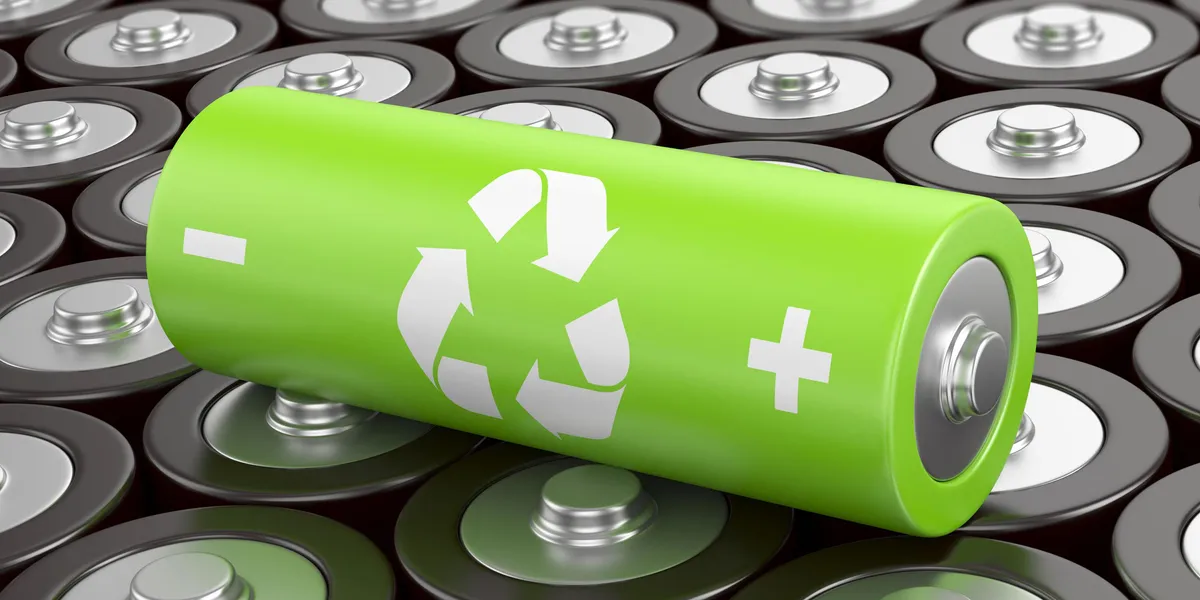In the digital world, lithium-ion batteries are offering the source of power to everything from smartphones to electric vehicles, making them essential components of our daily lives. However, as the demand for these batteries continuously increasing we need to find a proper recycling solution. The improper disposal of spent lithium-ion batteries poses significant environmental and health hazards due to the toxic chemicals they contain. Thanks to science and researchers, the field of sustainable recycling is paving the way for a greener and more eco-friendly future. In this blog post, we will explore the recent progress made in the sustainable recycling of spent lithium-ion batteries and its implications for the environment and society.
In this article, we will be checking out the steps and techniques to recycle these batteries properly for a safe environment.
Eco-Friendly Techniques:
Recent advancements in recycling technologies have led to the development of eco-friendly methods for processing spent lithium-ion batteries. Researchers and scientists are now exploring innovative approaches, such as hydrometallurgical processes and biotechnological methods, to extract valuable materials from batteries without harming the environment. These techniques involve using environmentally safe solvents and microbes to recover metals like lithium, cobalt, nickel, and manganese, reducing the overall carbon footprint of the recycling process.
Closed-Loop Recycling Systems:
Closed-loop recycling systems have now become a sustainable solution to the growing e-waste problem and these systems focus on collecting, recycling, and reusing materials within the same lifecycle, minimizing waste and environmental impact. Battery manufacturers and recycling companies are collaborating to establish efficient closed-loop systems, ensuring that materials from spent batteries are repurposed to create new batteries. This approach not only conserves valuable resources but also reduces the need for mining raw materials, thereby mitigating environmental degradation.
Innovative Recovery Technologies:
Researchers are continually exploring cutting-edge technologies to enhance the recovery of valuable materials from spent lithium-ion batteries. Techniques such as advanced shredding, mechanical separation, and high-temperature processes are being refined to improve the efficiency of material recovery. Additionally, the use of artificial intelligence and machine learning algorithms is aiding in the identification and sorting of different battery components, streamlining the recycling process, and minimizing waste.
Environmental Benefits:
The progress in sustainable recycling methods not only conserves valuable resources but also significantly reduces the environmental impact of spent lithium-ion batteries. Proper recycling prevents hazardous chemicals from leaching into soil and water, safeguarding ecosystems and human health. By adopting eco-friendly recycling practices, we can reduce air pollution, conserve energy, and lower greenhouse gas emissions, contributing to a cleaner and healthier planet.
Challenges and Future Outlook:
Despite the significant progress, challenges such as scalability, cost-effectiveness, and regulatory frameworks remain in the sustainable recycling of lithium-ion batteries. Addressing these challenges requires continued collaboration between governments, industries, and research institutions. Additionally, public awareness and participation are crucial in promoting responsible battery disposal and recycling practices. Looking ahead, ongoing research and technological innovations are expected to overcome these challenges, leading to further advancements in sustainable recycling methods.
Is mechanical recycling sustainable?
Mechanical recycling is a sustainable waste management method and the same focuses on multiple factors including collecting, sorting, cleaning, and processing recyclable materials, such as plastics, metals, and paper, to create new products.
We believe our guides and techniques will help you to recycle batteries properly to create a safe environment for yourself and for the next generation.
- About the Author
- Latest Posts
A passionate advocate for all natural and sustainable ideas. With a background in sustainable economics science and a deep love for nature, Sojy has dedicated his career to promoting eco-friendly practices and encouraging others to live a more sustainable lifestyle. He is an avid hiker, gardener, and cook, and loves experimenting with natural ingredients in his recipes and lifestyle routines. Sojy believes that small changes can make a big impact and is constantly seeking out new ways to reduce his carbon footprint and inspire others to do the same




